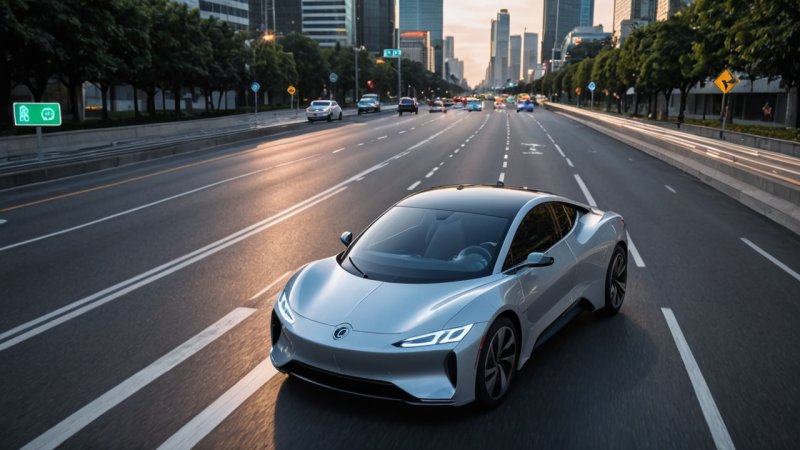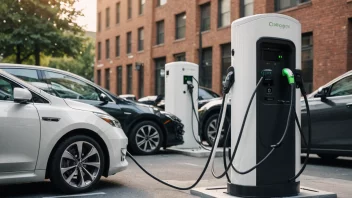What is 5G and how does it differ from previous networks?
5G is the fifth generation of mobile network technology, designed to provide faster speeds, lower latency, and greater capacity than its predecessors (4G, 3G, etc.). Unlike previous generations, 5G can handle a significantly larger number of connected devices simultaneously, making it essential for the future of connected vehicles.
How does 5G enhance vehicle connectivity?
5G enhances vehicle connectivity by enabling real-time communication between vehicles, infrastructure, and other devices. This allows for features such as:
- Improved vehicle-to-vehicle (V2V) communication
- Enhanced vehicle-to-infrastructure (V2I) interactions
- Real-time updates for navigation and traffic data
- Advanced safety features, such as collision warnings
What are the benefits of 5G for autonomous vehicles?
For autonomous vehicles, 5G offers several key benefits:
- Low Latency: 5G reduces the delay in communication, allowing autonomous systems to react quickly to changes in their environment.
- High Data Transfer Rates: This enables the processing of large sets of data from sensors and cameras in real-time.
- Increased Reliability: 5G networks are designed to be more reliable, which is crucial for the safety of autonomous driving.
How does 5G contribute to smarter traffic management?
5G enables smarter traffic management through:
- Real-time traffic data collection and analysis
- More efficient routing of vehicles to avoid congestion
- Integration of traffic lights and signals with vehicle systems
Are there any security concerns with 5G and connected vehicles?
Yes, while 5G provides numerous advantages, it also raises security concerns, such as:
- Increased attack surfaces due to more connected devices
- Potential for data breaches and hacking of vehicle systems
- The need for robust encryption and cybersecurity measures
How can consumers prepare for the shift to 5G-connected vehicles?
Consumers can prepare for the shift to 5G-connected vehicles by:
- Staying informed about the latest technology trends in automotive tech.
- Understanding the benefits and limitations of 5G connectivity.
- Choosing vehicles that are equipped with the latest connected features.
What is the future of 5G in the automotive industry?
The future of 5G in the automotive industry looks promising, as it paves the way for:
- Greater adoption of autonomous vehicles
- Improved safety and efficiency on the roads
- Innovative services like vehicle sharing and on-demand mobility solutions
In conclusion, the impact of 5G on connected vehicles is profound, bringing enhanced connectivity, improved safety, and smarter traffic management. As this technology continues to evolve, it will play a crucial role in shaping the future of transportation.






